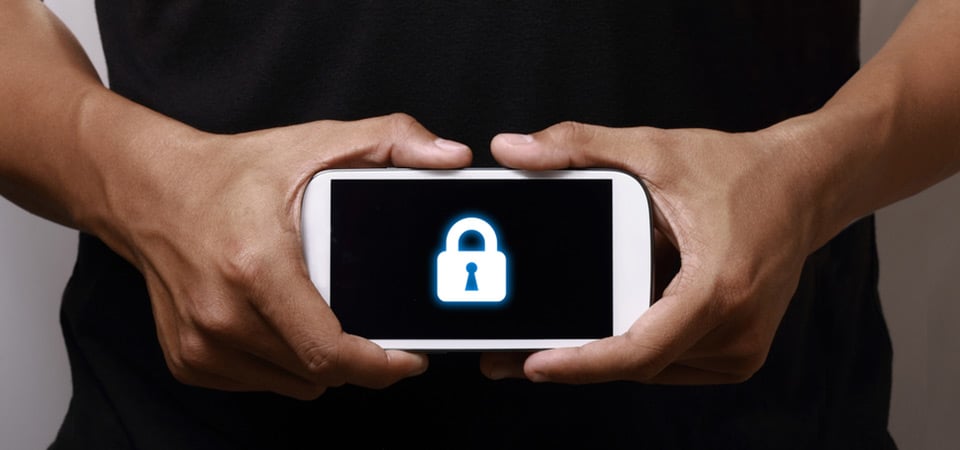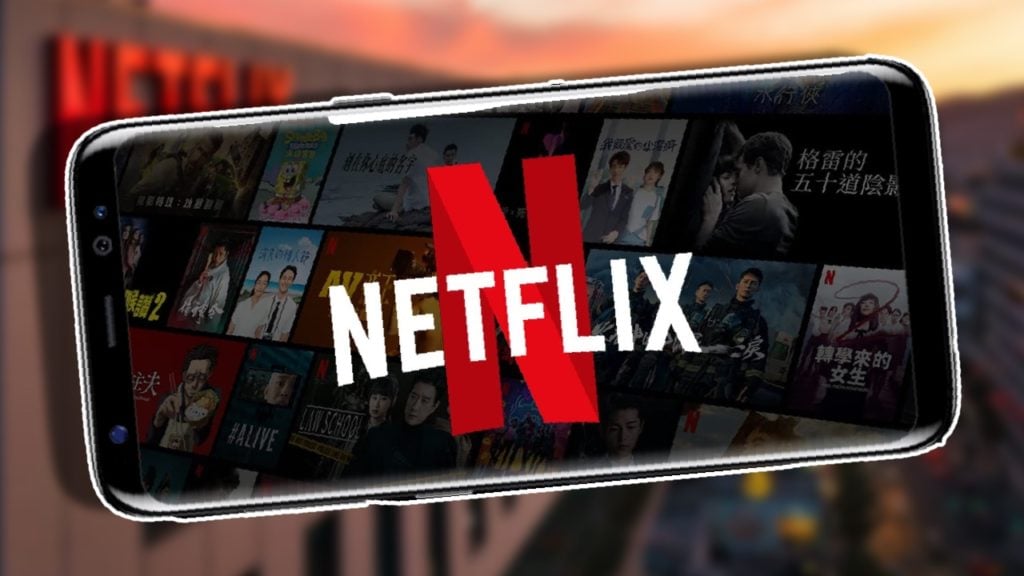Going online without a VPN is risky. Think of it like walking around with your personal information plastered on a sign – your name, address, email, and more. While most people value privacy, they often overlook this crucial protection. A surprisingly small percentage of internet users utilize VPNs, especially on their mobile devices, leaving them vulnerable on public Wi-Fi networks. Let's explore why protecting your Android phone with a VPN is vital, easy, and even enjoyable.
What Exactly Is a VPN?
 A VPN, or Virtual Private Network, masks your IP address (which reveals your location and online activity) with the IP address of a shared, anonymous server. This prevents anyone from tracking your data, even your internet service provider (ISP). The encrypted connection your VPN creates safeguards your information from cybercriminals targeting unsuspecting users on public Wi-Fi. Even at home, a VPN adds an extra layer of security, protecting your location and other sensitive details.
A VPN, or Virtual Private Network, masks your IP address (which reveals your location and online activity) with the IP address of a shared, anonymous server. This prevents anyone from tracking your data, even your internet service provider (ISP). The encrypted connection your VPN creates safeguards your information from cybercriminals targeting unsuspecting users on public Wi-Fi. Even at home, a VPN adds an extra layer of security, protecting your location and other sensitive details.
Beyond Security: The Extra Perks of a VPN
 VPNs offer more than just security. They bypass geographical restrictions, granting access to content censored or unavailable in your region. Need to access a website blocked in your country? Simply connect to a server in a different country – most VPNs offer a wide selection of server locations worldwide.
VPNs offer more than just security. They bypass geographical restrictions, granting access to content censored or unavailable in your region. Need to access a website blocked in your country? Simply connect to a server in a different country – most VPNs offer a wide selection of server locations worldwide.
This unlocks a world of possibilities. Think accessing region-specific Netflix libraries, YouTube content, news sites, or mobile games unavailable in your area. The convenience is remarkable.
Surprisingly user-friendly, setting up a VPN is as simple as downloading an app, creating an account, and selecting a server location. Despite the technical-sounding name, using a VPN for enhanced privacy is incredibly straightforward.















